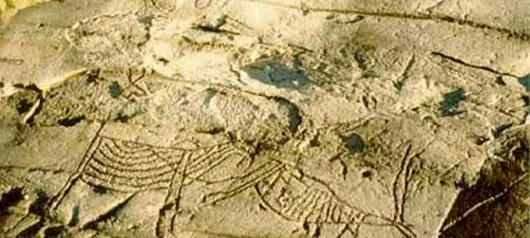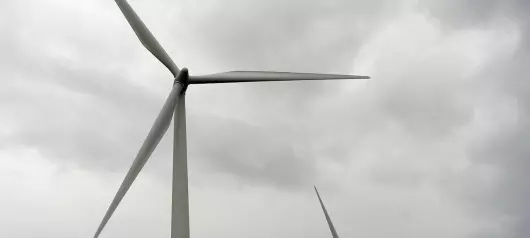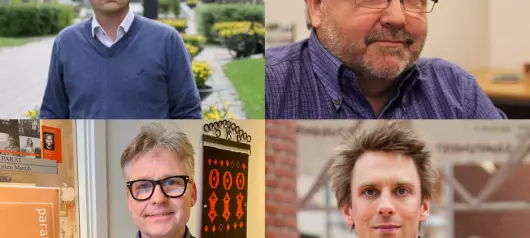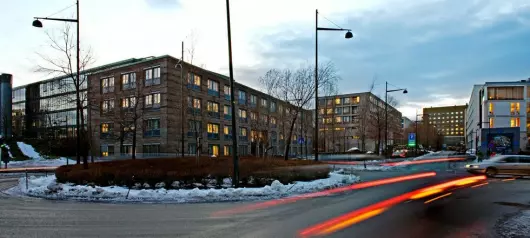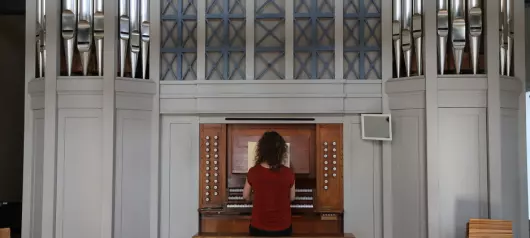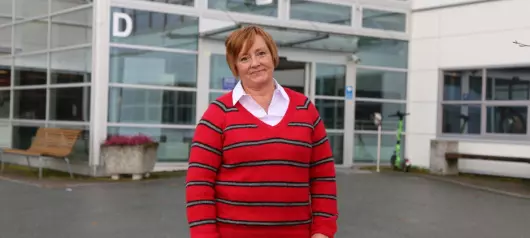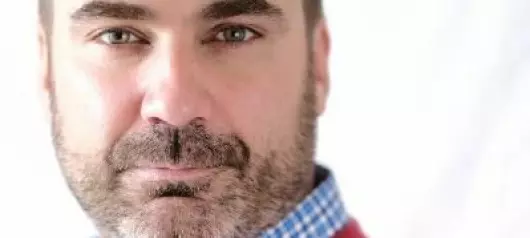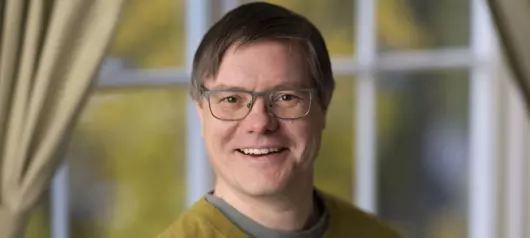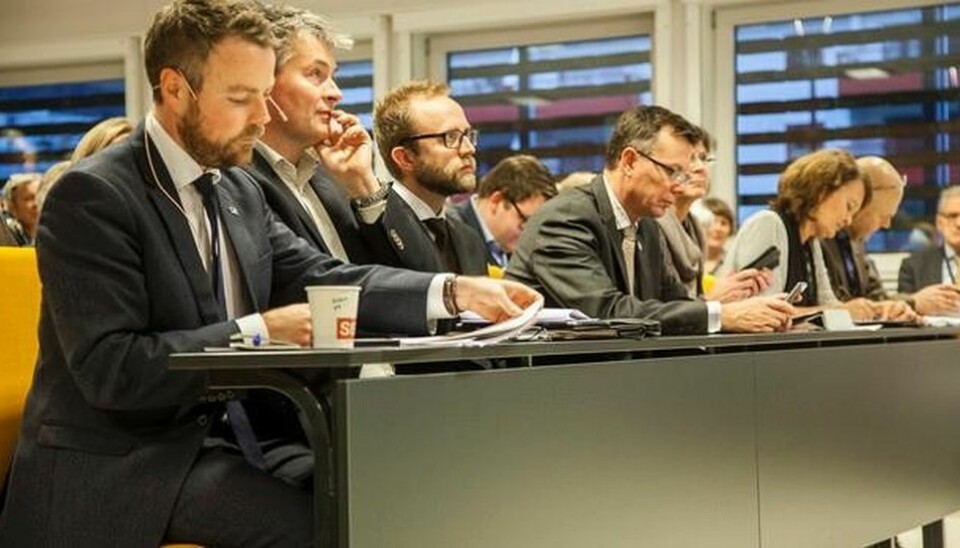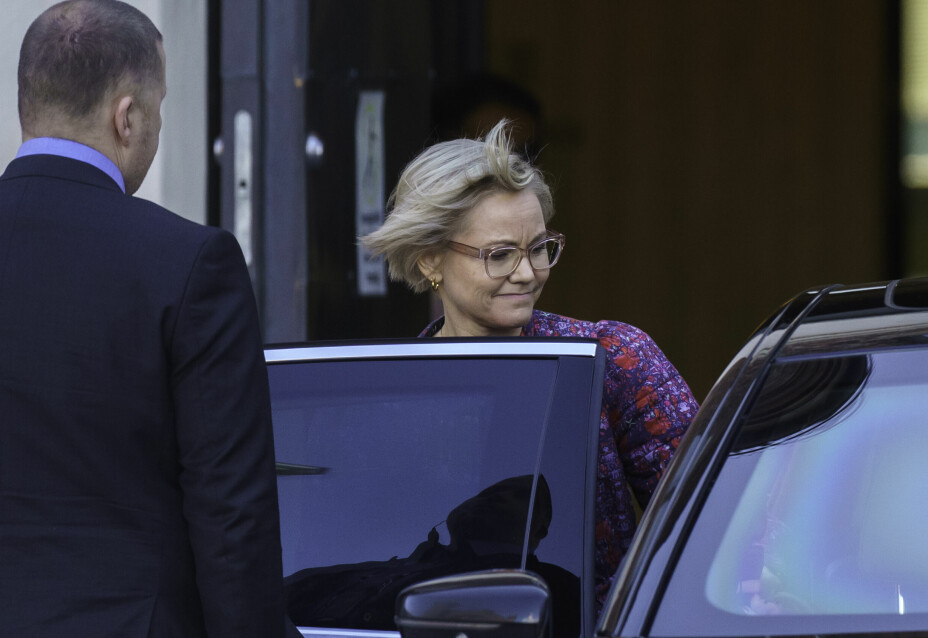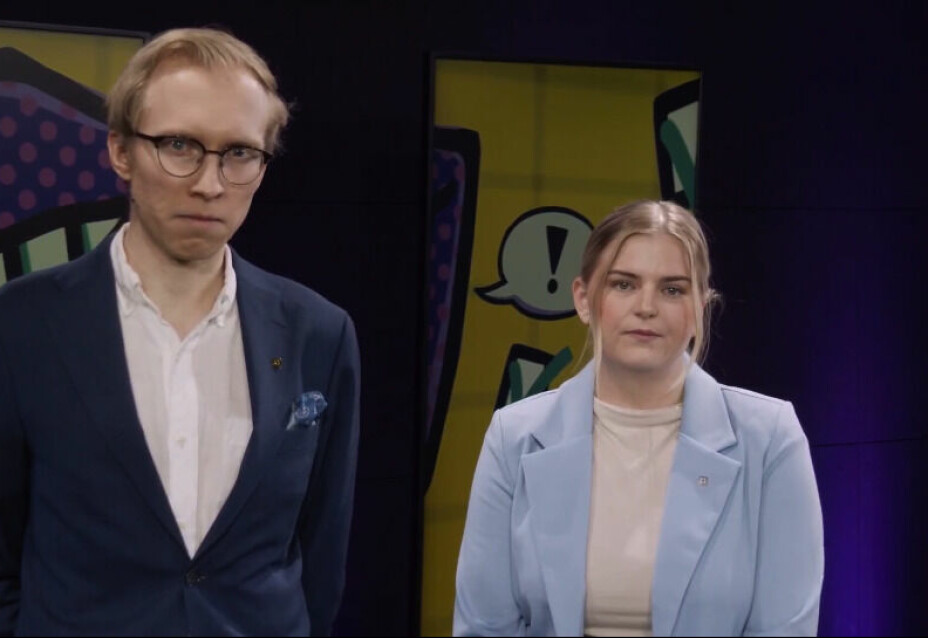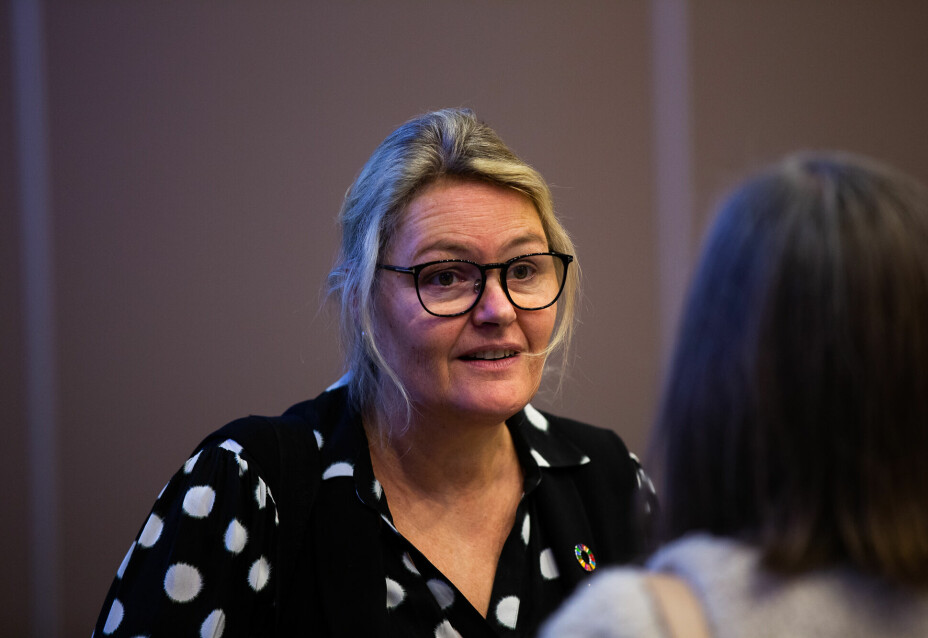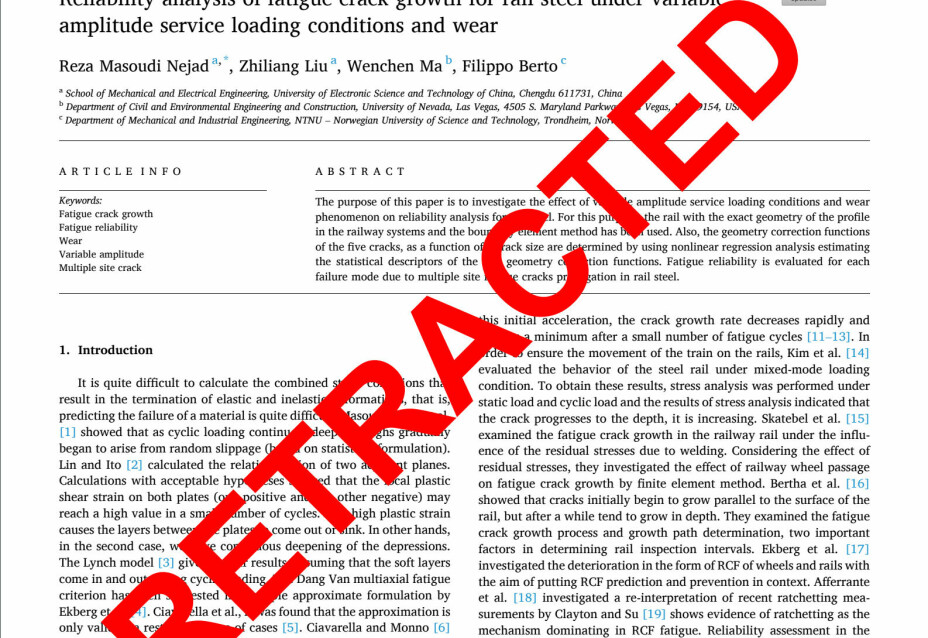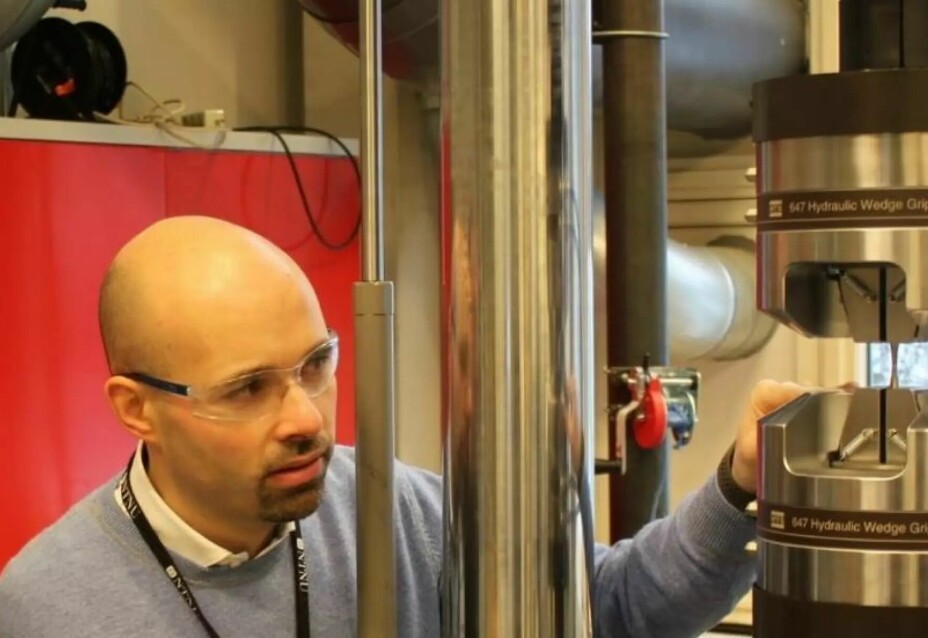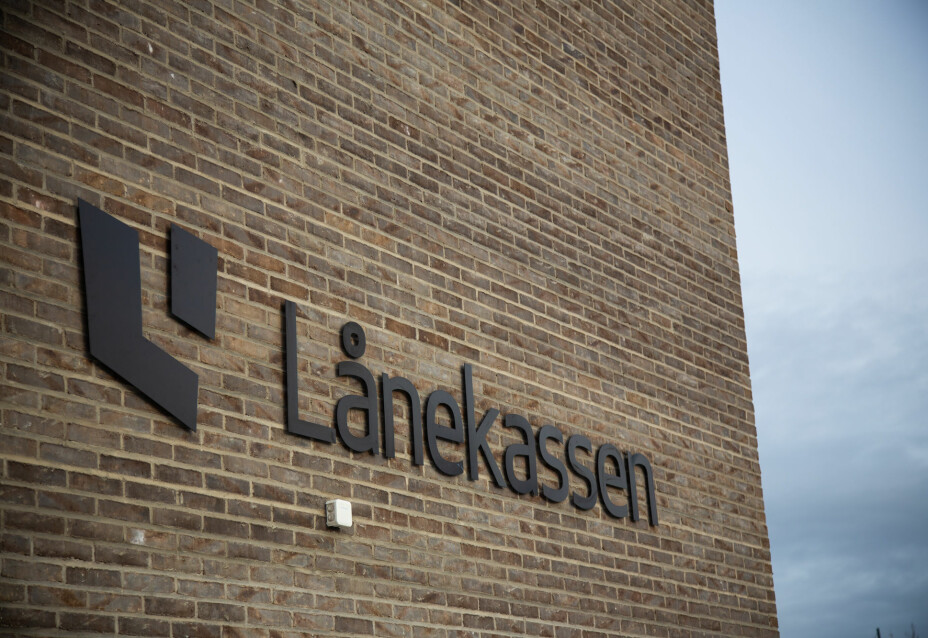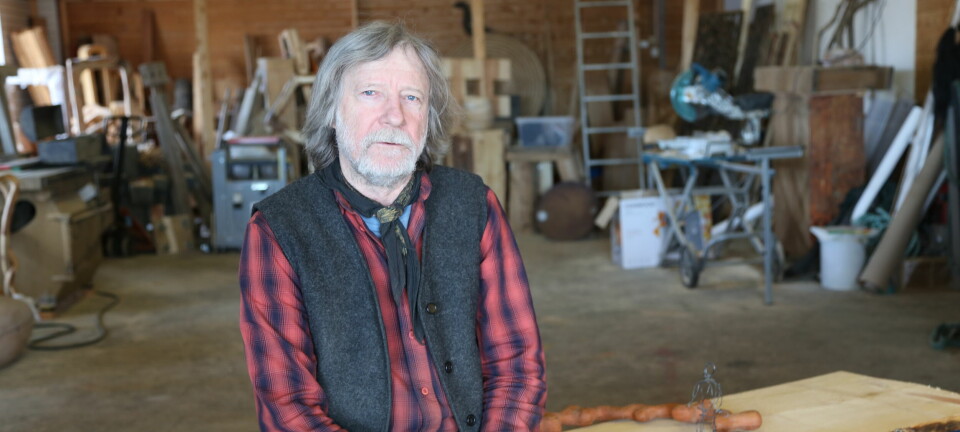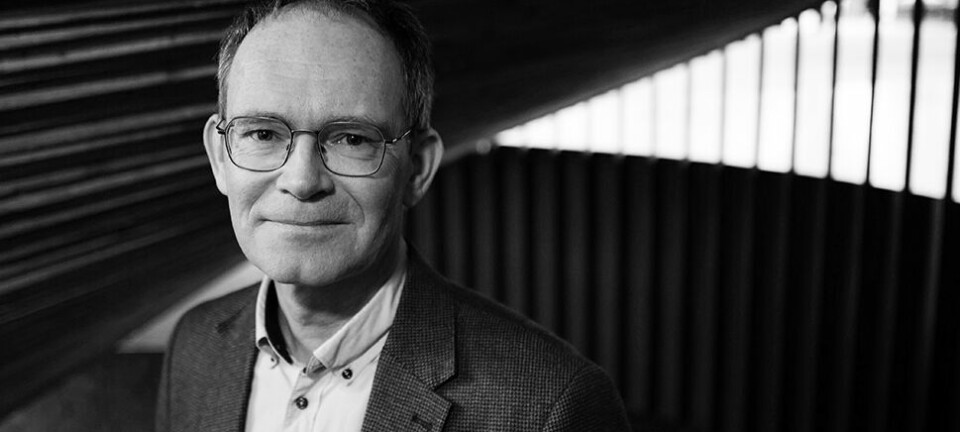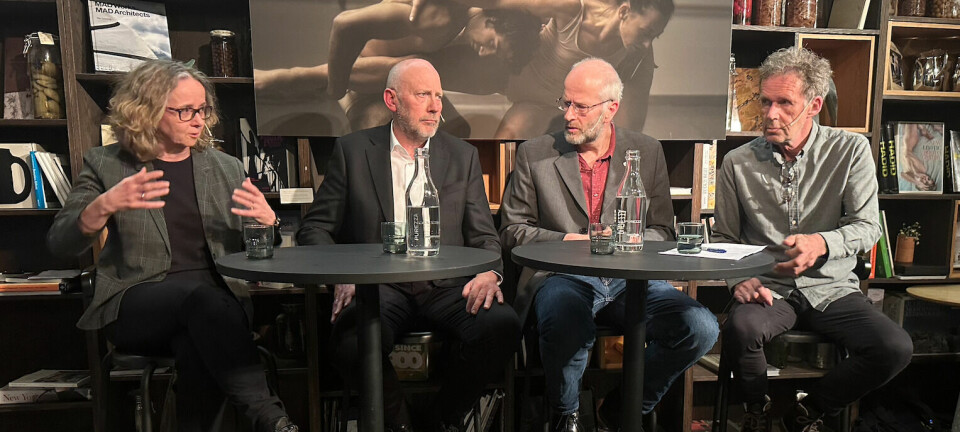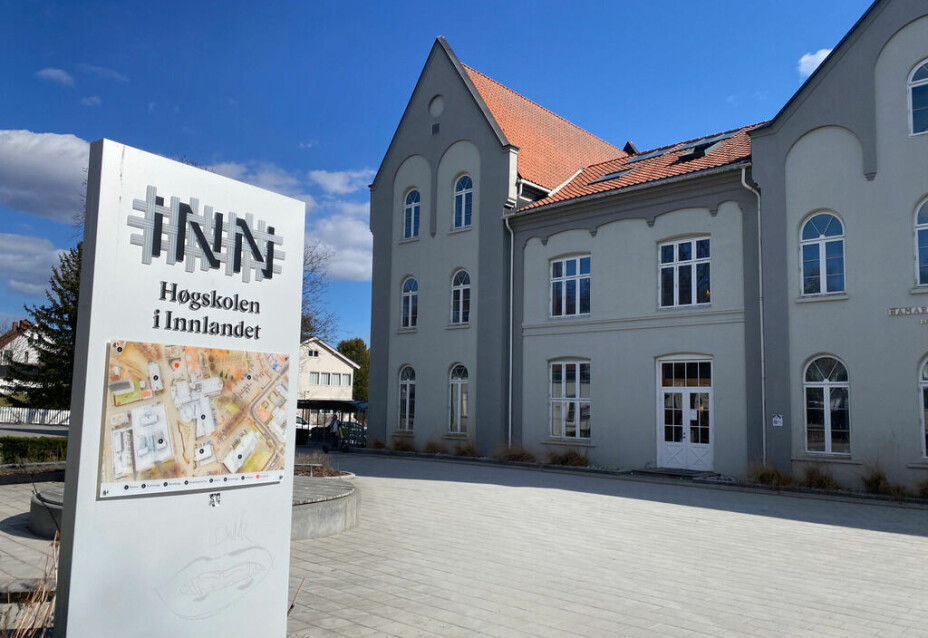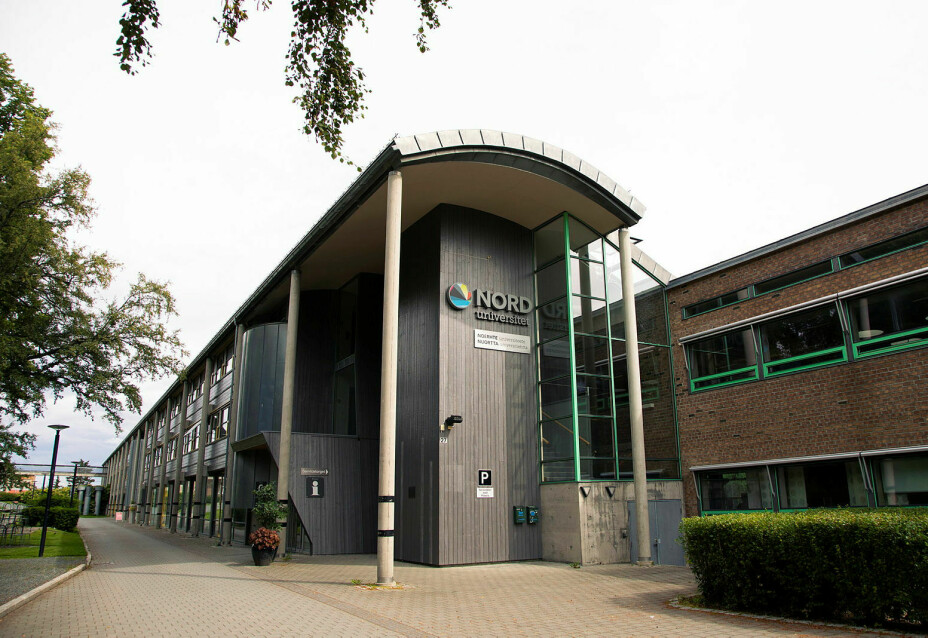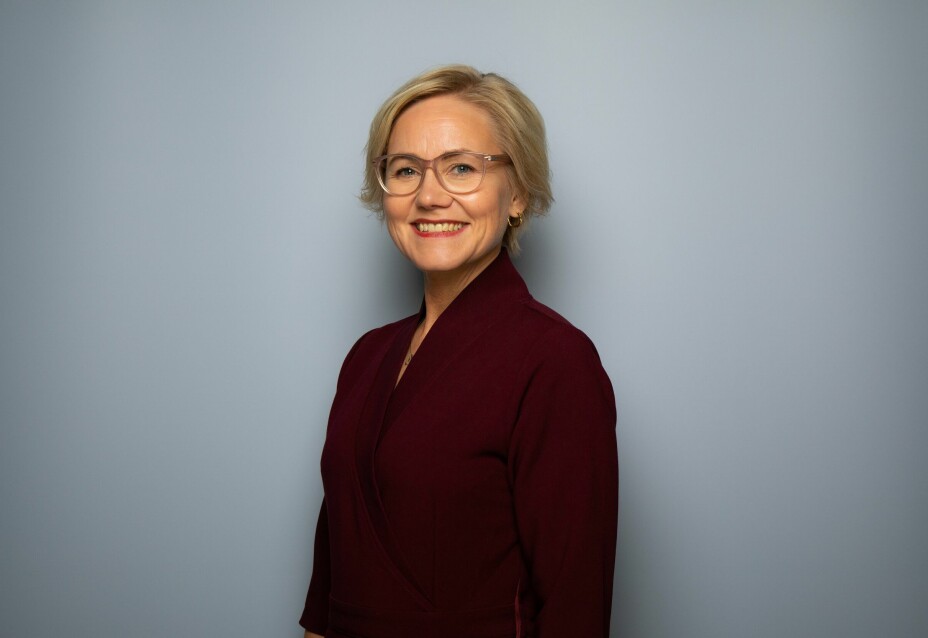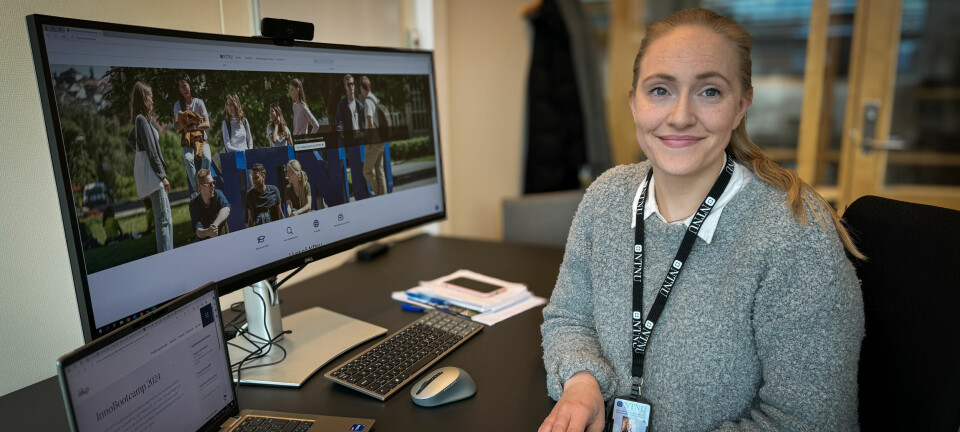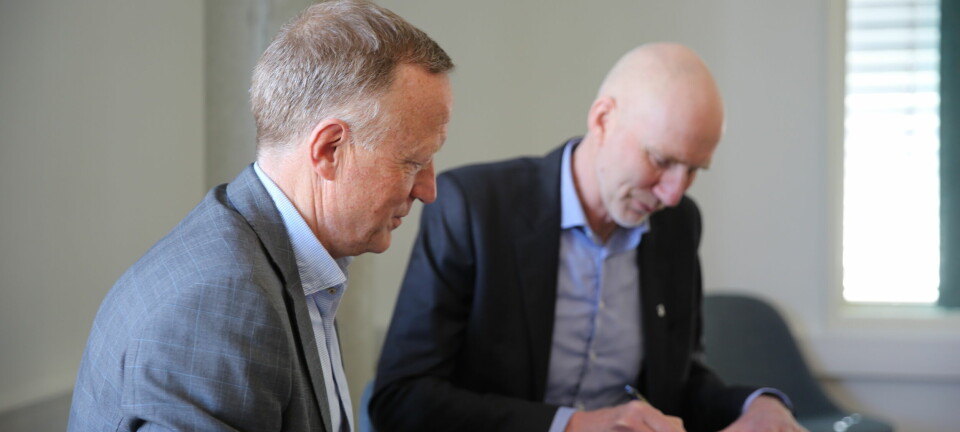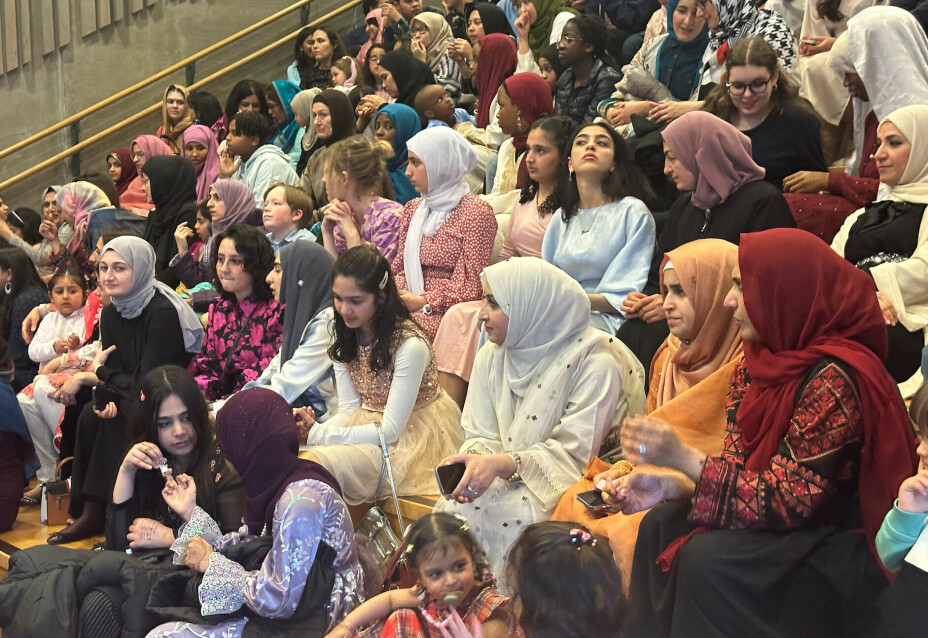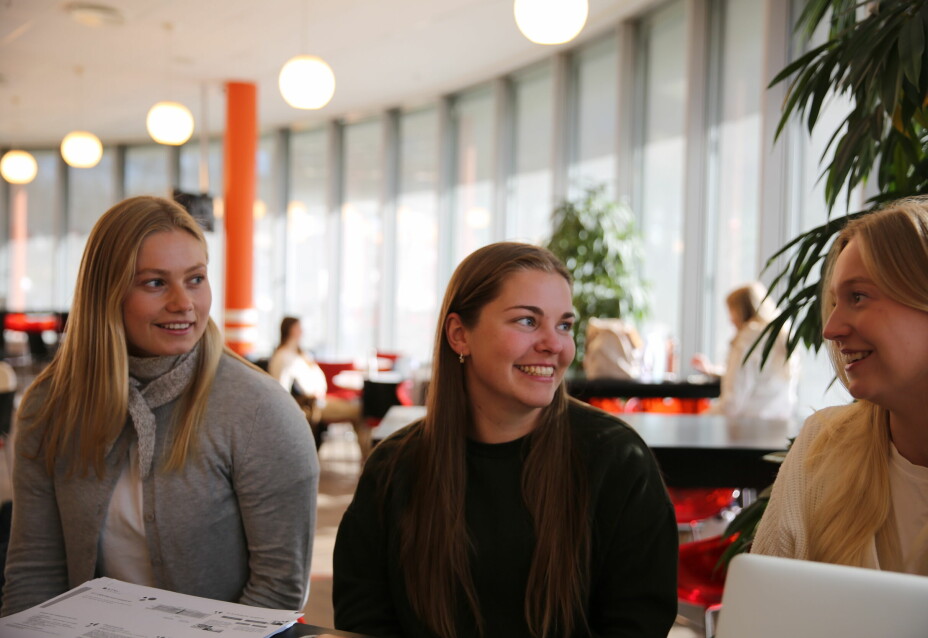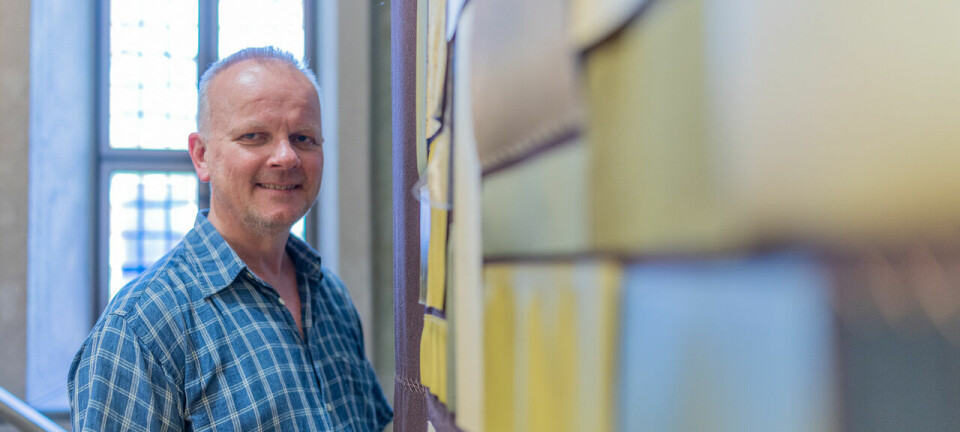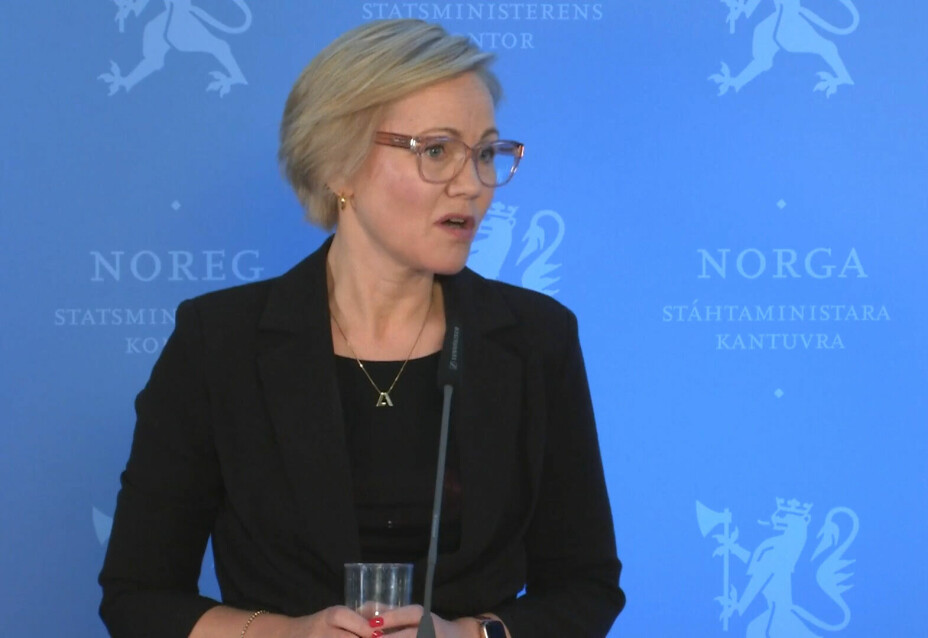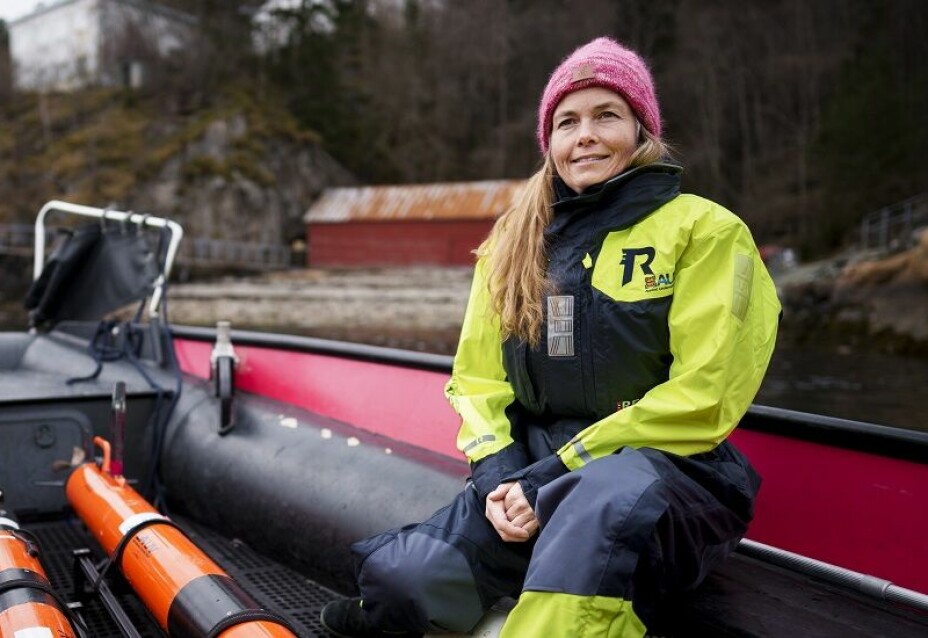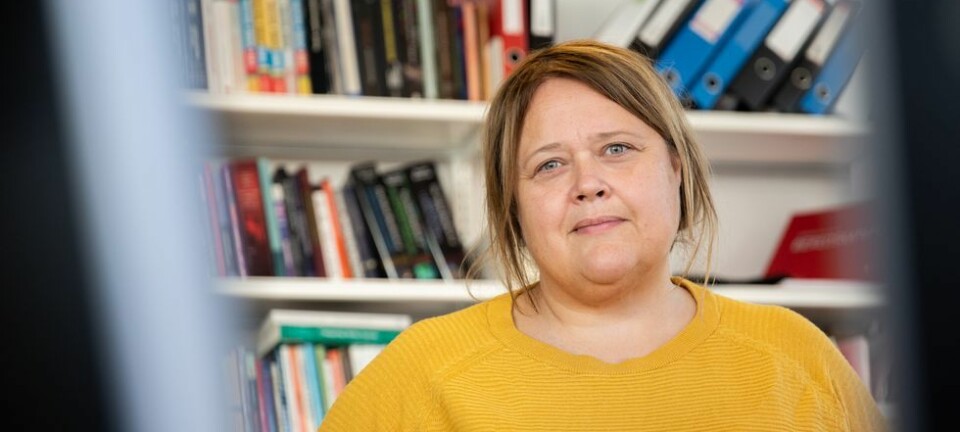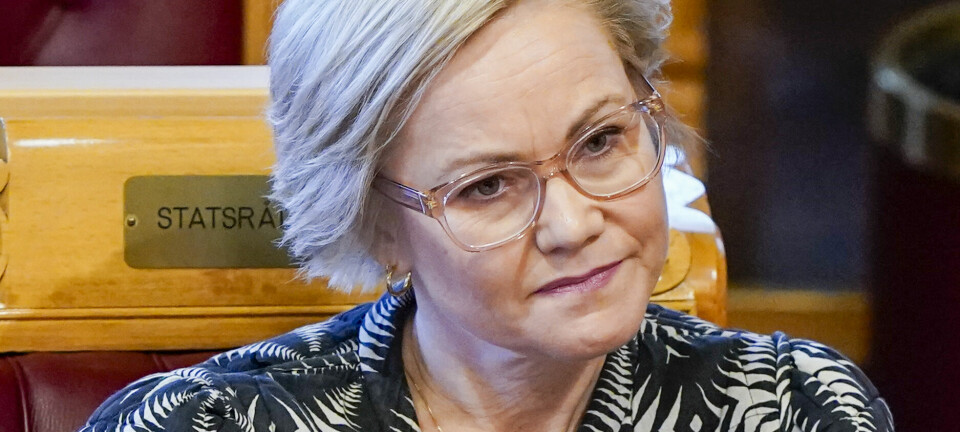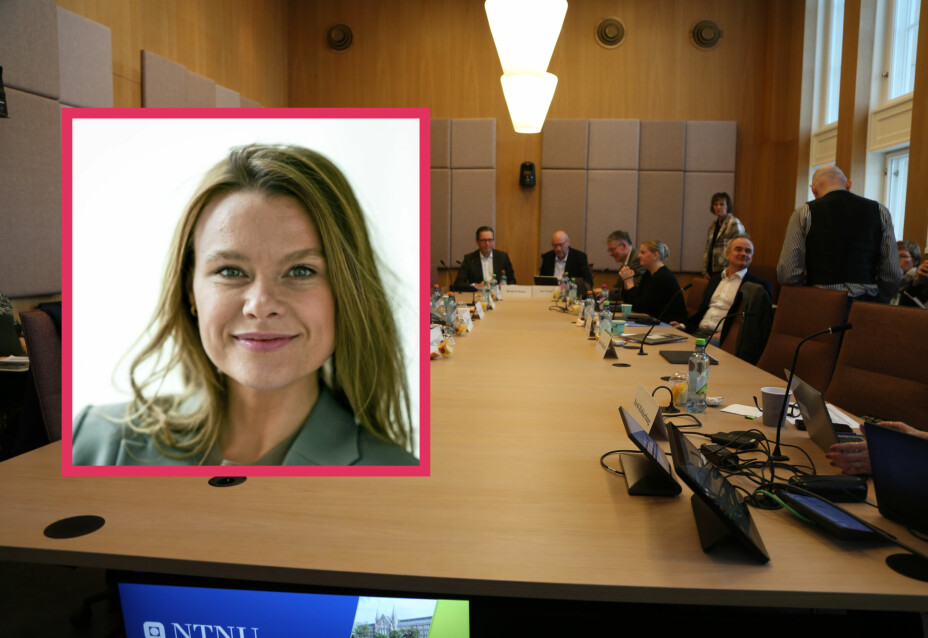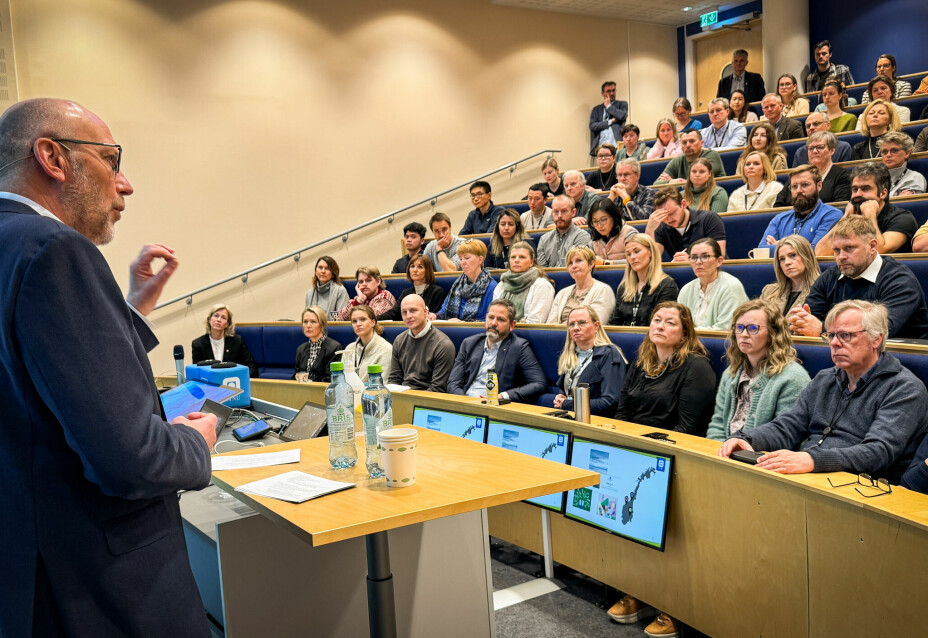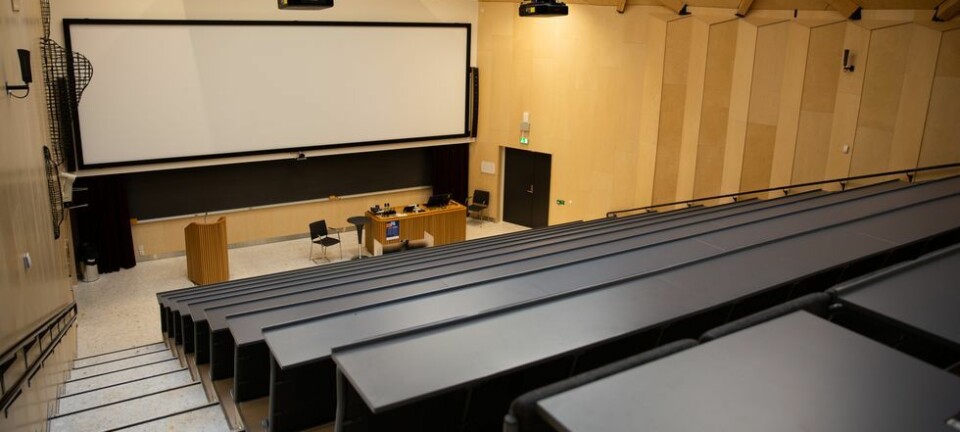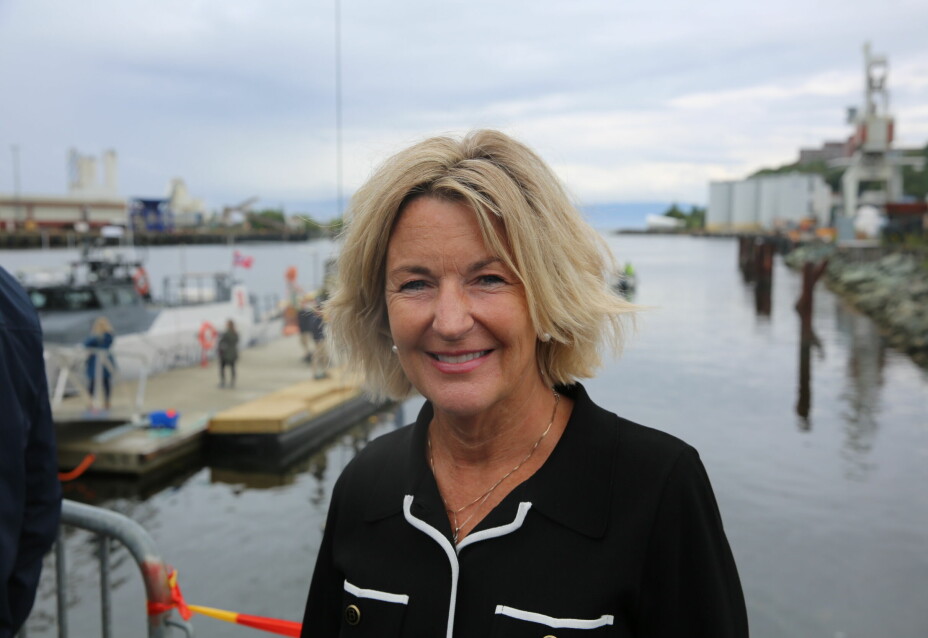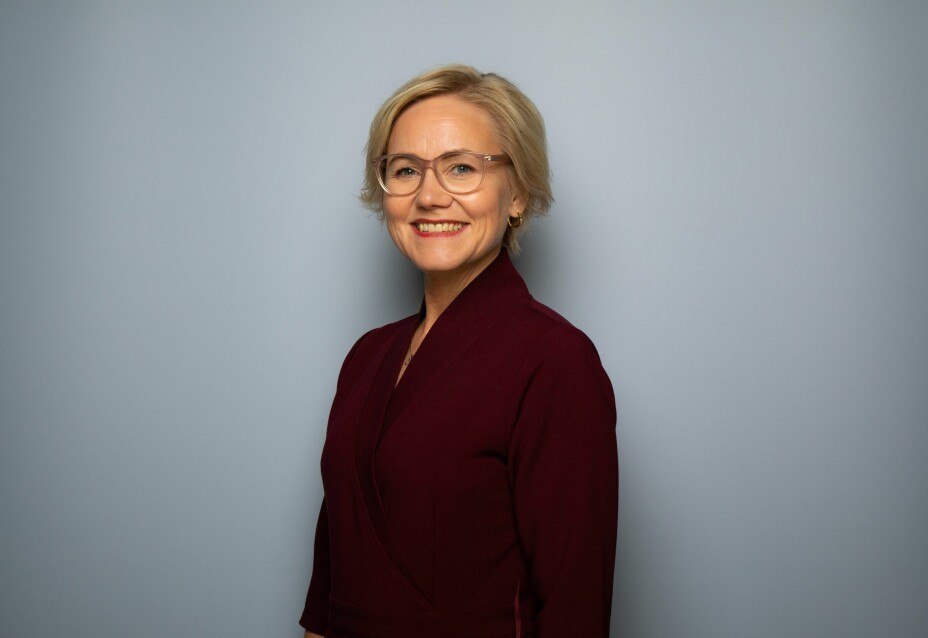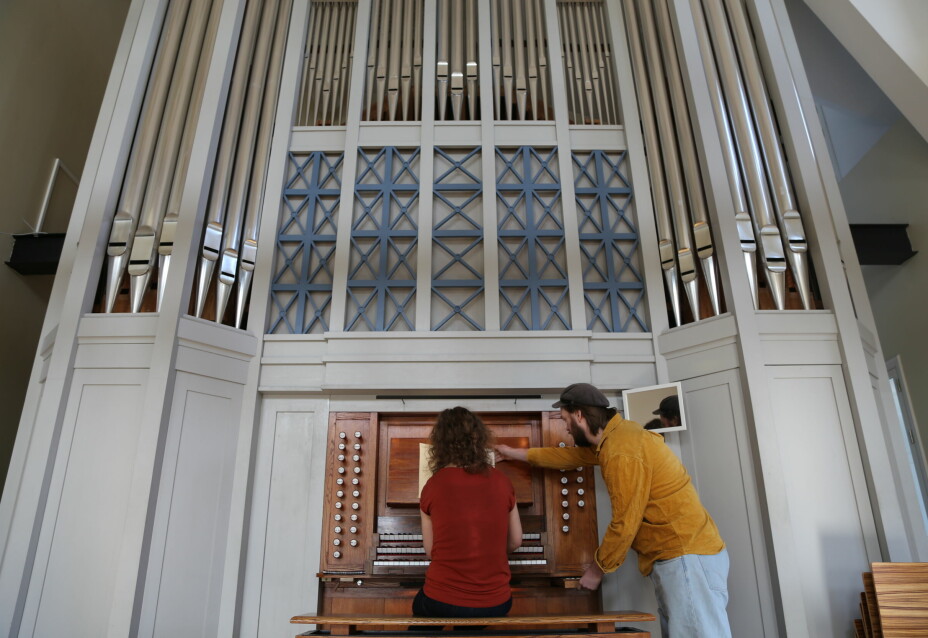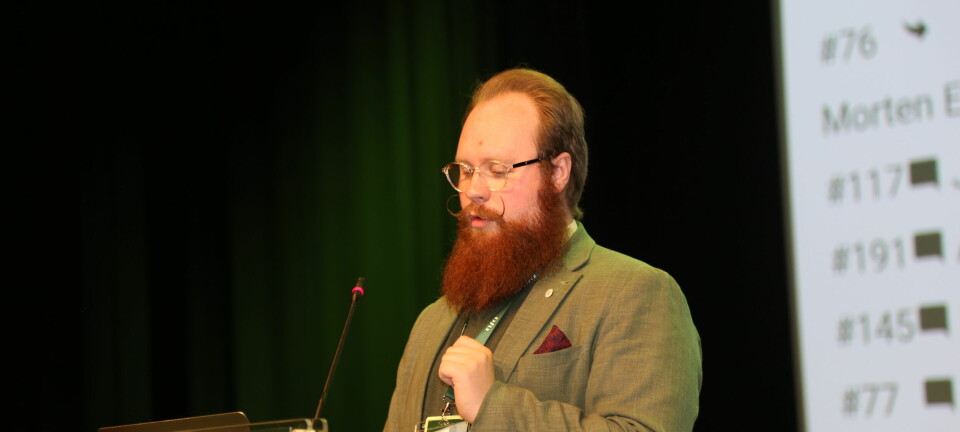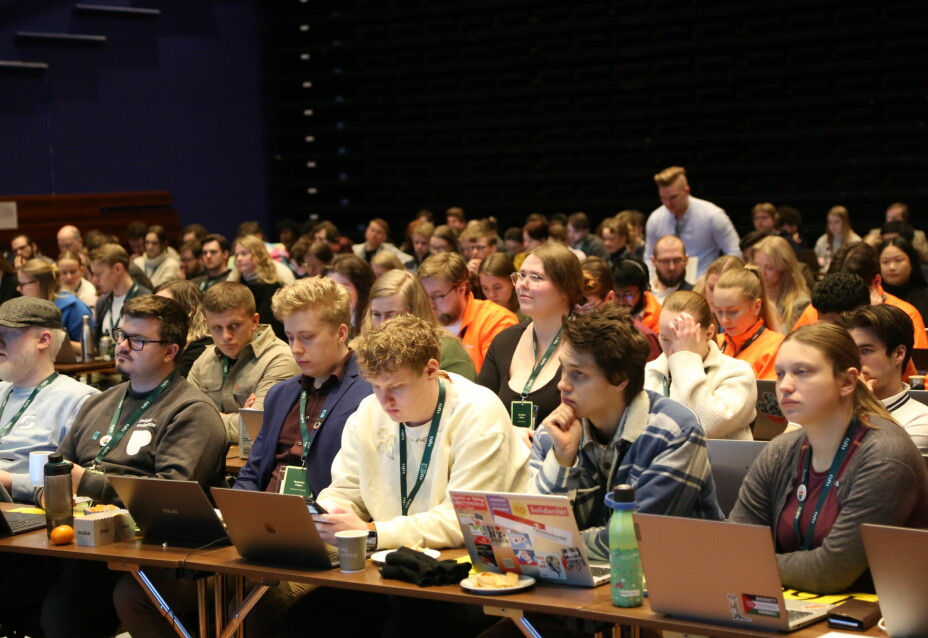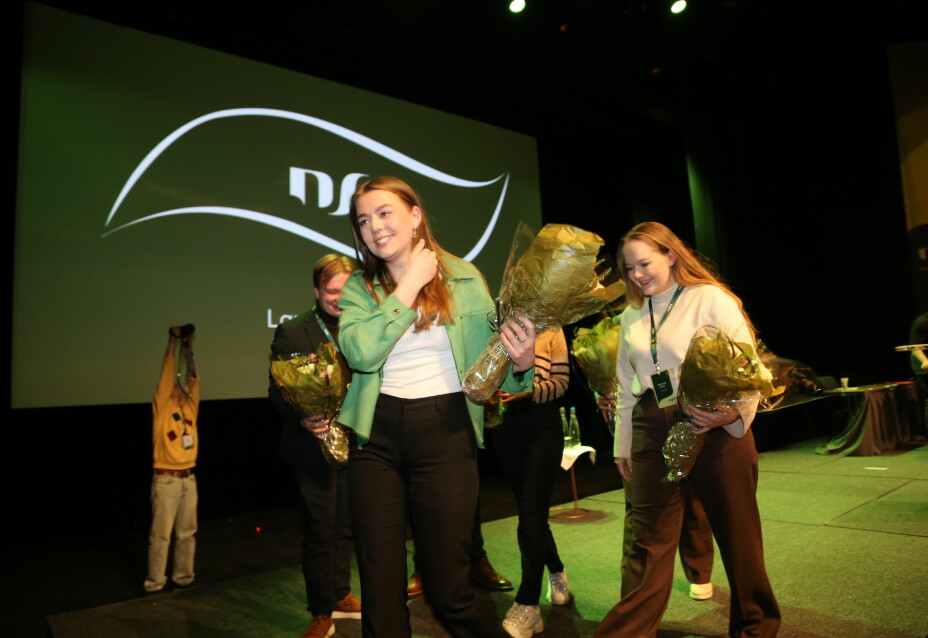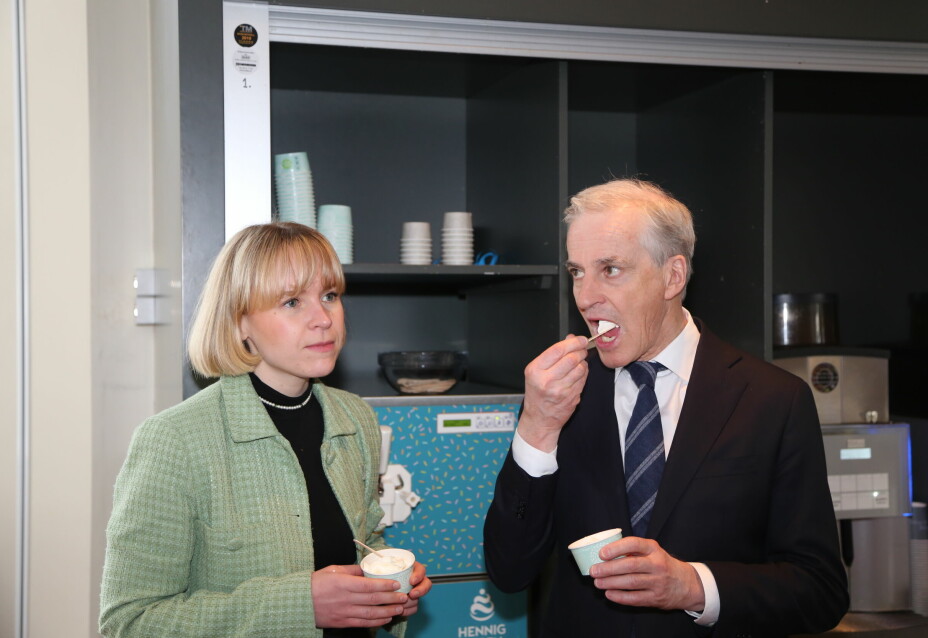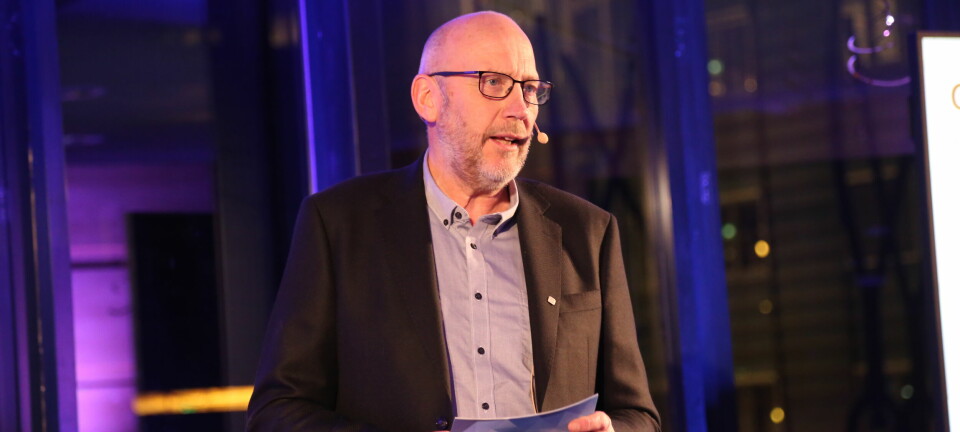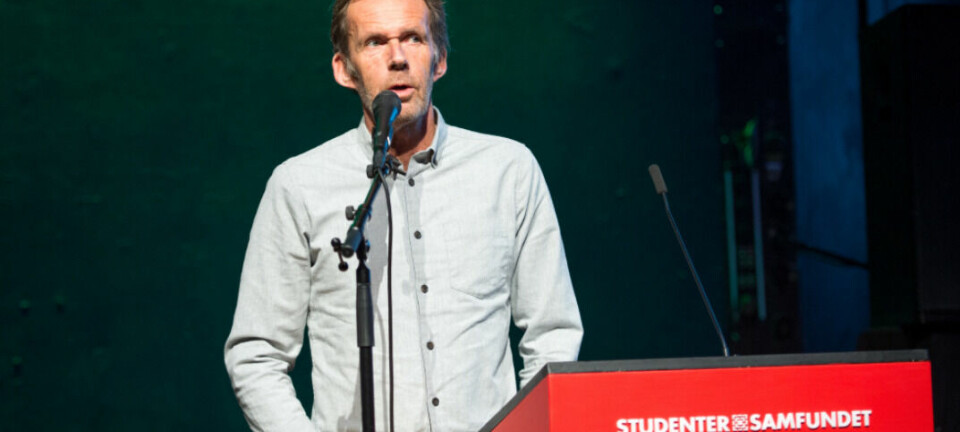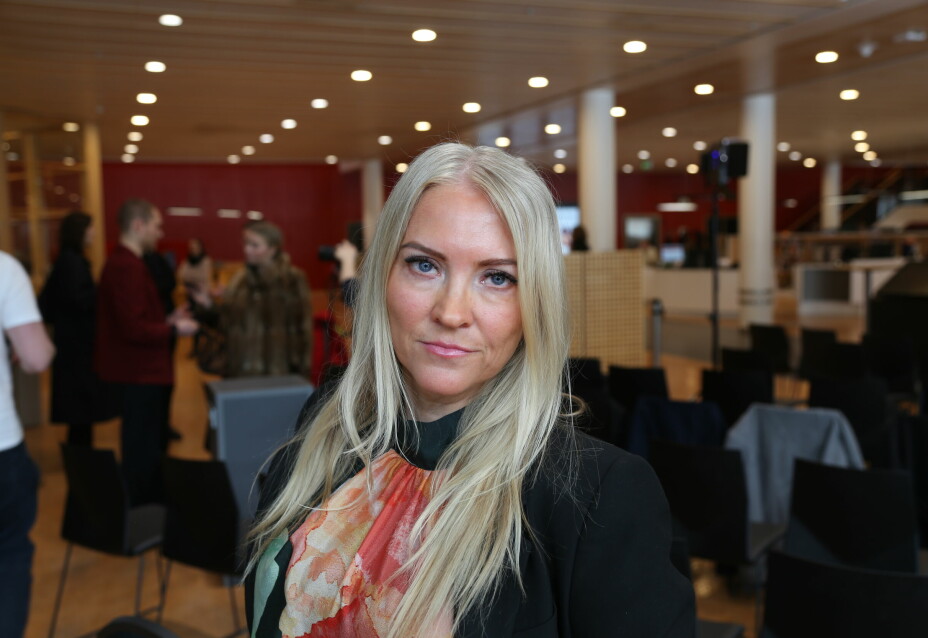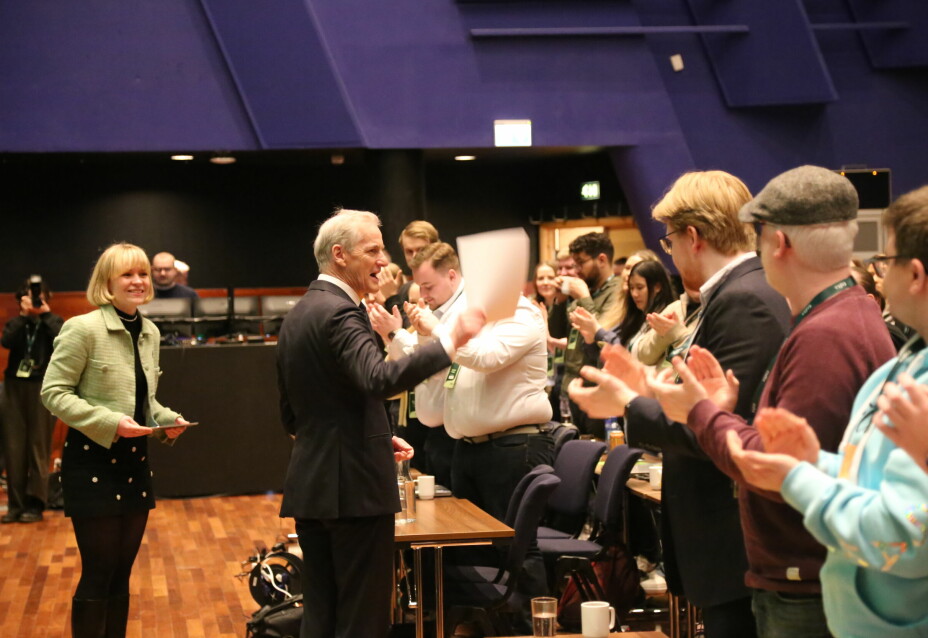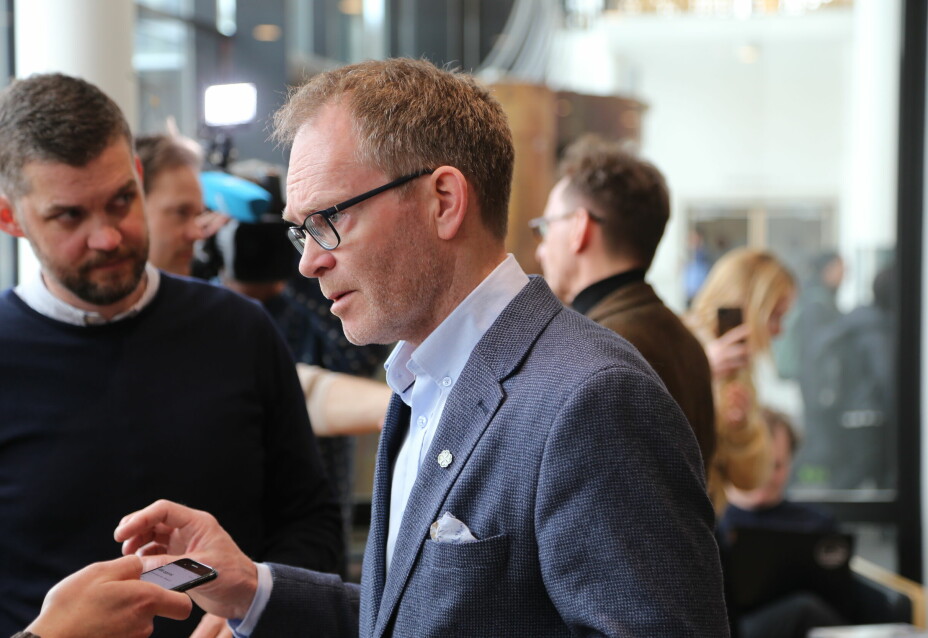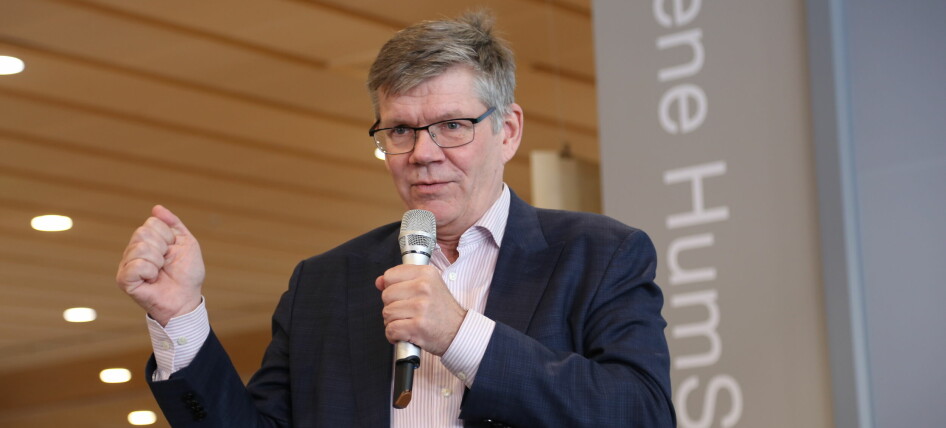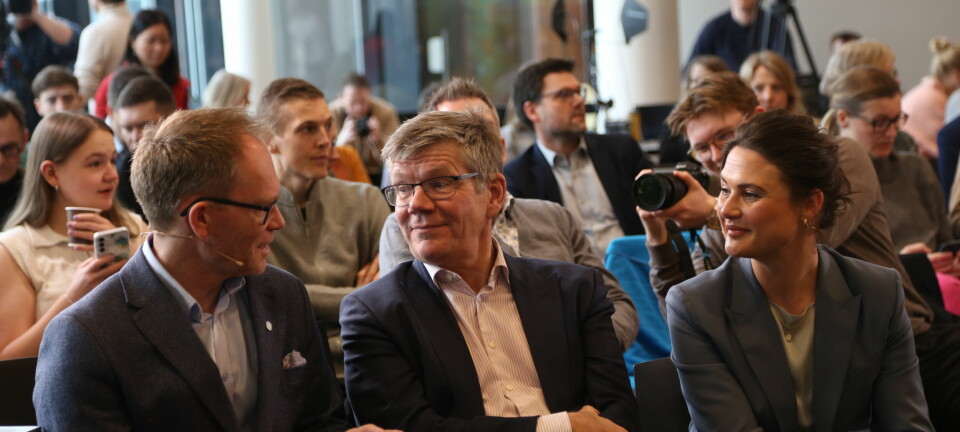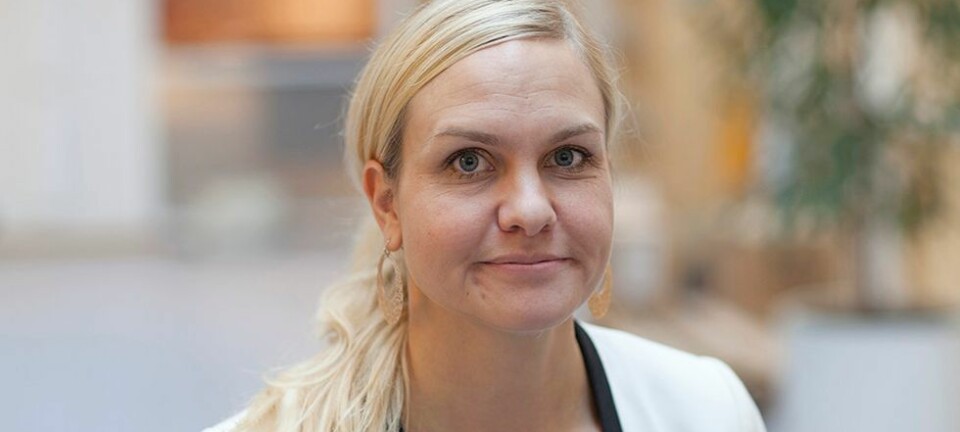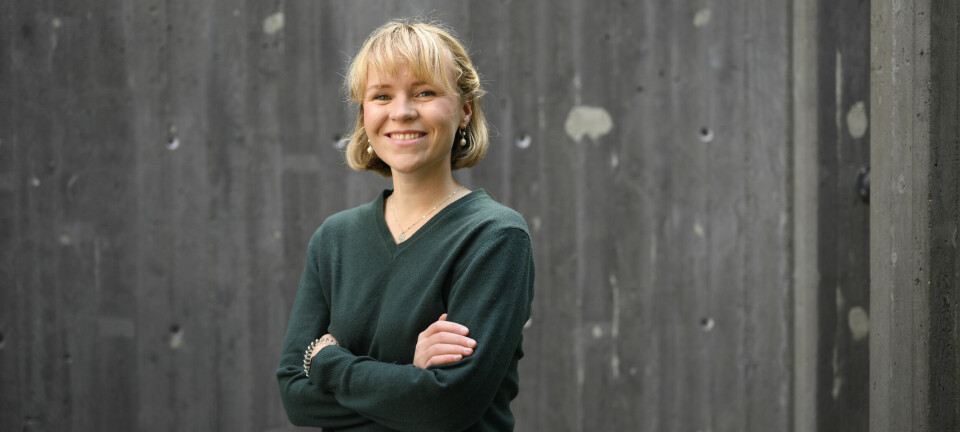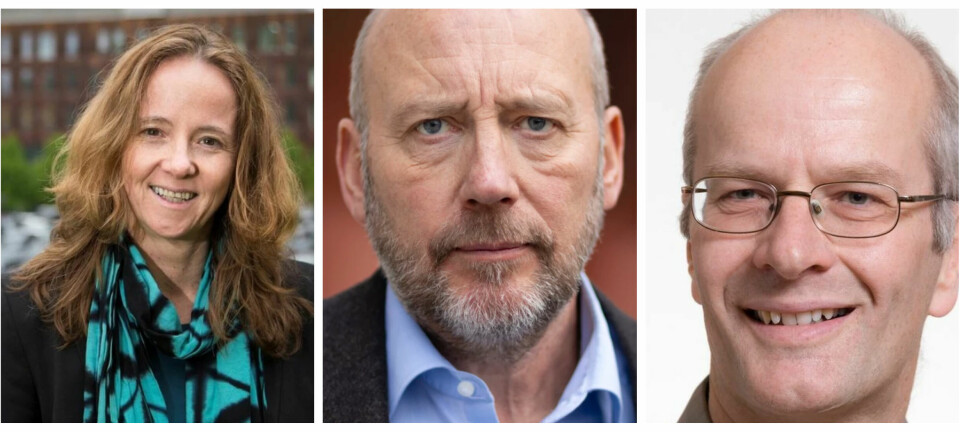Time to acknowledge the elephant in the room
"The blind implementation of an ideological reform agenda is, of course, the elephant in the room in this process", four PhDs argues in this Letter to the Editor.
How democratic a merger? Wednesday 25. Minister of Education Torbjørn Røe Isaksen will be presenting his plans for the upcoming merger process of Norwegian universities. This process is top-down, the four PhDs argues.
On March 12th, the Dean of the Faculty of Social Sciences and Technology Management (SVT) wrote to Universitetsavisa in reply to a piece we, four Phd students from the department of Geography, had written criticising the ongoing process of departmental restructuring being proposed at the faculty. In our letter, we had questioned the basis on which the faculty leadership were proposing drastic changes without having conducted even the most basic analysis of the current situation. We also highlighted the inadequate manner in which employee consultations had been carried out during the process.
The Dean's illustrative response
The Dean’s response, while quite limited in the extent it addressed the various points we had made, was nevertheless illustrative of how the current process is being conducted. The Dean began by addressing the question of university democracy that had been raised and highlighted some aspects of NTNU governance structures. She made the point that while governance at NTNU includes some “democratic elements”, it is important to remember that a top-down line organisational structure also accounts for a significant portion of decision-making. The question, she argues then, should not be whether the process has been democratic or not, but whether it has in fact been “satisfactory”. The Dean went on to list a number of meetings where employees were given an opportunity to take part in consultations and argued that “employee involvement had been adequately achieved.”
The news that NTNU decision-making procedures are not intended to be democratic is of no surprise and the Dean rightly points out that this is an institutional feature of NTNU as a whole, and is not limited to the SVT faculty alone. Anyone following the recent SAKS process and how the views of the employees were ignored will no doubt be more than aware of this.
Commenting a process already set in motion
As such, our criticism had not primarily focused on whether the process had been democratic, but more precisely on whether the process had in fact, in the words of the Dean, been “satisfactory.” Our main argument regarding the process of consultations was that the Dean, rather than asking employees at the faculty to contribute fully to a constructive discussion on the fundamental questions of how teaching and research are carried out at the faculty and how we can take steps to meet the challenges and opportunities of the future, instead chose to ask employees to comment narrowly on a process of restructuring that had already been set in motion.
The faculty leadership has so far failed to provide a single argument for how a merger would improve teaching and research at the faculty and the continued failure to do so is symptomatic of the fact that no sound discussion, analysis or evaluation of the current situation has been carried out. We would argue then that the process has been and continues to be quite clearly unsatisfactory, independent of discussions regarding university democracy.
This lack of foundation for the proposed changes is quite revealing, making visible how the process at SVT represents just one small aspect of a national and university-wide top-down project of centralisation and fusion of institutions, where vague notions of “robustness “, “competitiveness” and “international standing” are constantly repeated, but never defined or made concrete as achievable goals. This was evident from the first information meeting where employees were presented with an image of the current education minister on a large screen, while the Dean dutifully read out some of the government’s education slogans related to “robustness”, “quality” and “efficiency.”
The elephant in the room
The blind implementation of an ideological reform agenda is, of course, the elephant in the room in this process. The proposed restructuring is indicative of a politics that seeks to limit the role of universities in society to the channelling of human capital investments into the economy, where “robustness” has come to mean size and commodification of knowledge, and where social sciences are considered unproductive, and out of place in a technical university.
As such, the Dean finds herself in the unfortunate position, all too familiar to middle-managers, where one is asked to implement something unpopular that makes little sense, without being provided with so much as a reason, probably because the reasons are elsewhere and remain unspoken.
The Dean rightly pointed out that “changes need legitimacy.” The most effective way of ensuring legitimacy is to start a process of thorough and independent evaluation of the current situation at the SVT faculty, where concrete objectives are formulated, challenges are identified and appropriate strategies are developed, all with the meaningful input of both students and employees from all the departments in the faculty, whose vast expertise and many years of collective experience, has so far been barely tapped.
The processes of merging disciplinary departments at our faculty have been partially postponed until an analysis of the budget and student recruitment has been carried out by the faculty administration. Unfortunately, the analysis that has now been promised by the Dean is still framed within the same set of objectives, presumably in the hope that the faculty can dig out sufficient arguments to back up their continued goal of a merger. If this proves to be the case, the quest for legitimacy, as shown by the widespread opposition to the process, will be a demanding endeavour to say the least.
Levon Marsland, Hilde Refstie, Silje Aurora Andresen and Thomas Sætre Jakobsen, PhD Candidates at the Department of Geography.
